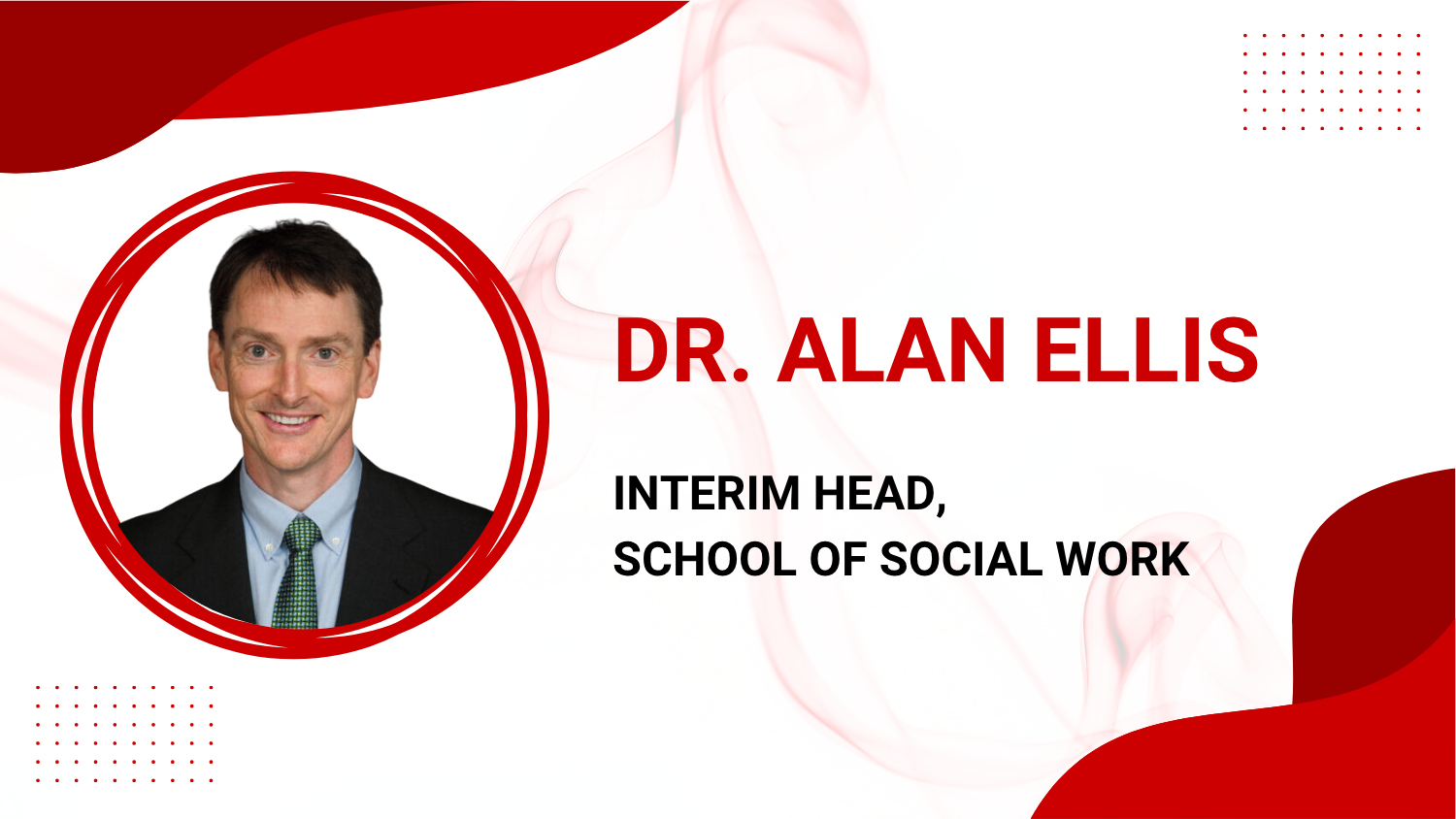Launch of the Behavioral Health Scholars Education and Training Program at the Department of Social Work at NC State
The fall 2014 semester saw the launch of the Behavioral Health Scholars Education and Training (BHSET). The program, funded by a federal, three-year $1.1 million dollar grant from the Health Resources and Services Administration (HRSA), provides the Scholars with the opportunity to engage in intense education and training in preparation for careers working with the under-served population. This new NC State Department of Social Work initiative is lead by Dr. Jodi Hall (Assistant Professor and Director of Field Education) and Dr. Karen Bullock (Head of the Department of Social Work). Their research identified a dearth of professionals trained specifically to provide mental health and substance abuse treatment for adolescents and young adults in areas across the state of North Carolina. This shortage was especially prevalent in rural areas. BHSET is a workforce development initiative for helping to close that gap. The program provides additional support and training for MSW students who exemplify skills and a desire for working with adolescents and young adults. Students entering the last year of the MSW program may apply for the program, which includes eligibility for a $10,000 stipend. In addition to their regular coursework and field placements, the scholars receive training’s, workshops and symposiums on such topics as Trauma Work with Children, Dialectical Behavioral Therapy and Cognitive Behavioral Therapy. “Through the extra clinical training I have received through the BHS program, I feel more prepared to enter clinical practice after graduation in May, say Behavior Health Scholar Miranda Johnson. “ I have also appreciated the chance to interact with professionals who are practicing in the field who have attended the training’s. The training’s provided a great chance for networking in addition to the helpful information,” says Johnson. Collaborations with local hospitals, treatment centers and community agencies provide crucial hands-on training and field experience for the Behavioral Health Scholars. “It is through the collaboration of my clinical field placement and these learning opportunities where I believe I am more confident and competent in serving adolescents and young adults who have behavioral health issues” remarks Behavioral Health Scholar Akia Gore. She goes on to say, “The most valuable aspect of this program has been my ability to learn the core competencies embedded within each therapeutic treatment model, as provided through the various workshops and then applying these skills during my field placement.” In addition to the existing field placements, Dr. Hall and Dr. Bullock intend to increase the number of agencies participating in the training program. As agencies recognize the value of preparing graduates to work in integrate care settings, both Hall and Bullock anticipate the program expanding and continuing well after the initial three years.
- Categories:



